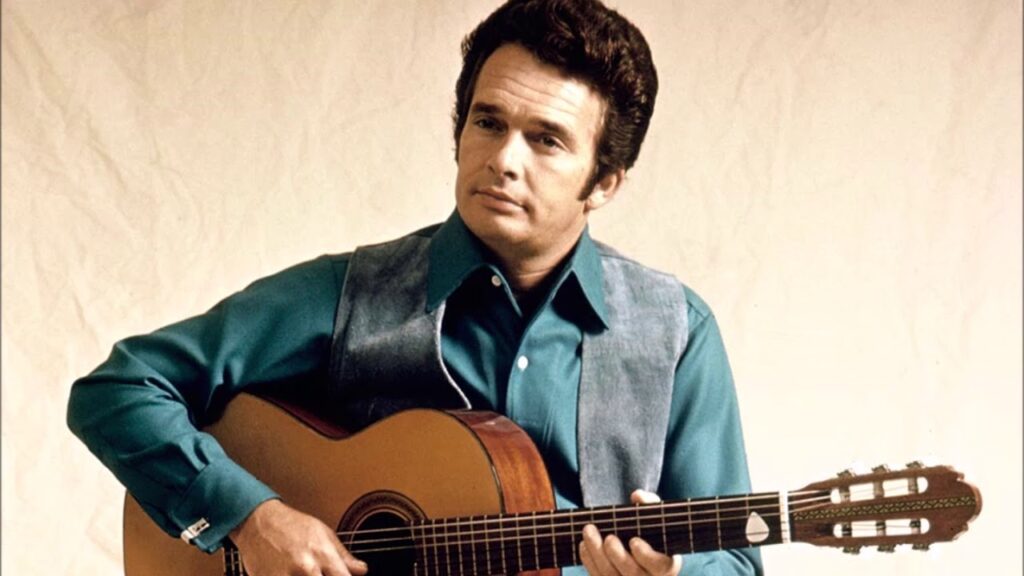
A Cold Winter’s Struggle Wrapped in the Warmth of Human Resilience
Released in October 1973, Merle Haggard’s “If We Make It Through December” emerged not just as another country single, but as a poignant anthem for the working-class soul. It topped the Billboard Hot Country Singles chart for four consecutive weeks and even crossed over into the mainstream, reaching No. 28 on the Billboard Hot 100—an unusual feat for a song so rooted in the twang of Bakersfield. Featured as the lead track on his holiday-themed album Merle Haggard’s Christmas Present, and later included on his 1974 studio album If We Make It Through December, this song became one of Haggard’s most enduring compositions—a winter elegy that resonates far beyond seasonal boundaries.
At first glance, “If We Make It Through December” appears to be a Christmas song, wrapped in melancholy and cloaked in frost. But beneath its wintry setting lies a timeless meditation on economic despair, familial love, and the fragile hope that flickers through hardship. The song opens with the image of a father who has recently lost his job at a factory—a scenario painfully relatable in 1973 America, still reeling from recession and industry slowdowns. His voice is laced with quiet desperation: “Got laid off down at the factory / And their timing’s not the greatest in the world.” Here, Haggard distills volumes of working-class struggle into a few plainspoken lines, a lyrical economy that’s both haunting and humane.
What elevates this track beyond its context is its universal emotional core. Haggard, who penned the song himself, doesn’t wallow in despair; instead, he imbues it with a quiet dignity. The narrator isn’t asking for miracles—only for endurance: to “make it through December.” That plea carries weight because it’s rooted not in grand ambition but in basic survival. In this way, “If We Make It Through December” channels a lineage of American music that speaks for those whose voices are often drowned out by prosperity’s chorus.
Musically, it is spare but evocative—a gentle shuffle of pedal steel and acoustic guitar cradles Haggard’s mournful baritone. There is no orchestral swell or dramatic crescendo; rather, the composition mirrors the emotional reserve of its narrator. The melody walks a fine line between somber resignation and tender reassurance, allowing listeners to project their own experiences into its open spaces.
Perhaps what makes this song so enduring is its refusal to resolve neatly. By its final verse, there is no magical job offer, no sudden windfall—just the faint glimmer of spring: “I got plans to be in a warmer town come summertime / Maybe even California.” That final line is less about geography than it is about emotional weather. The warmth he yearns for is not just sunshine—it’s stability, it’s pride, it’s something better than this bitter cold.
In an era saturated with hollow holiday cheer, Merle Haggard gave us something real—a sobering but beautiful ballad that honors struggle without exploiting it. “If We Make It Through December” remains not merely a seasonal classic but a masterclass in empathy, restraint, and storytelling. It is winter rendered not just as climate but as condition—and hope offered not as certainty but as necessity.